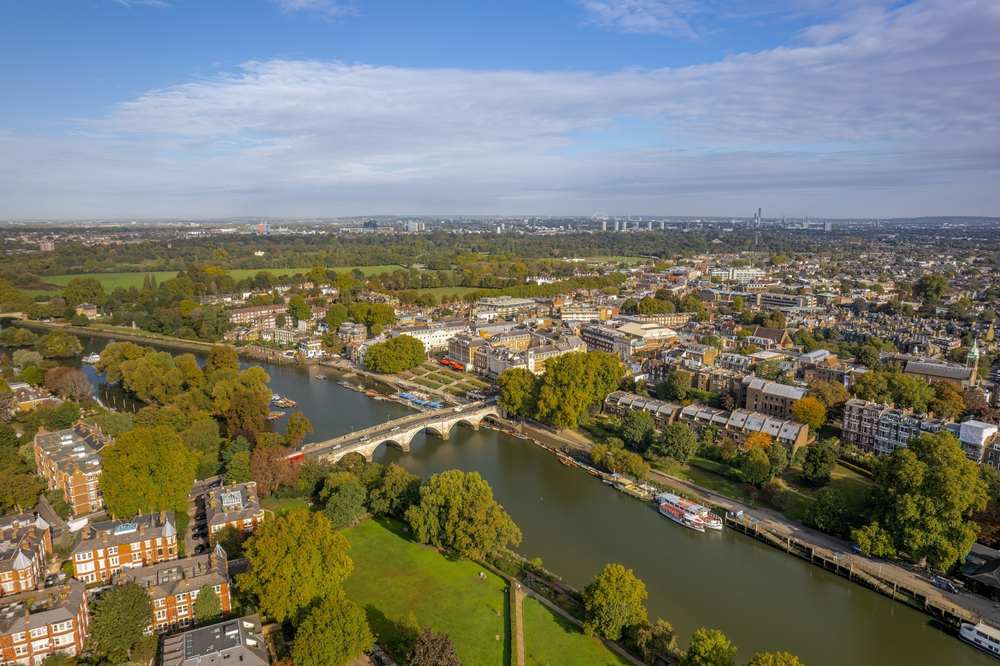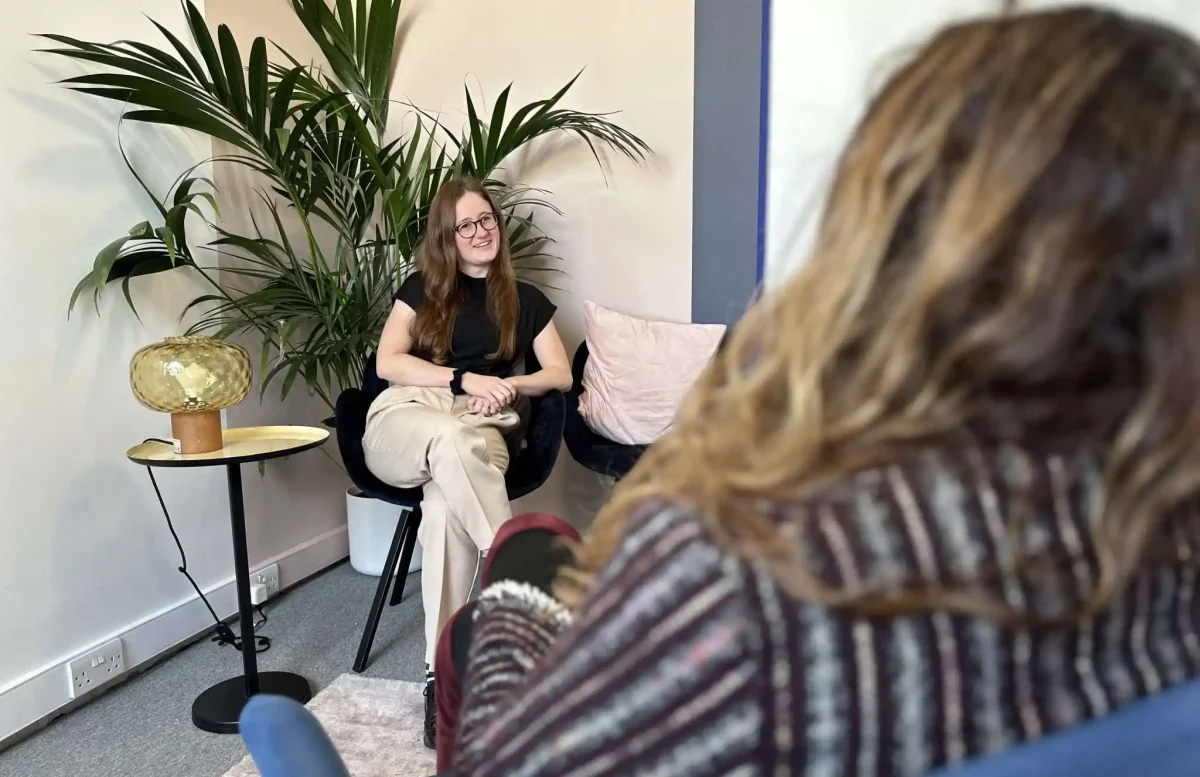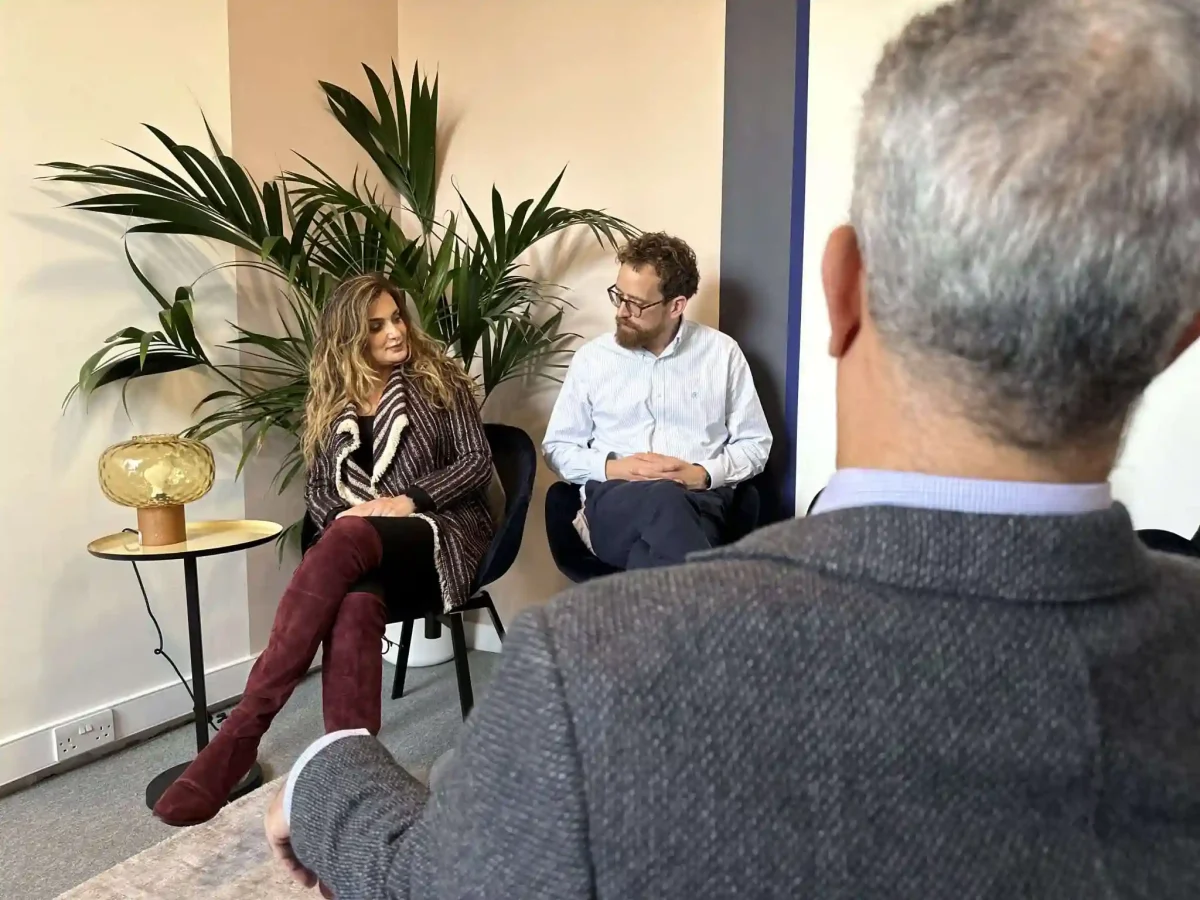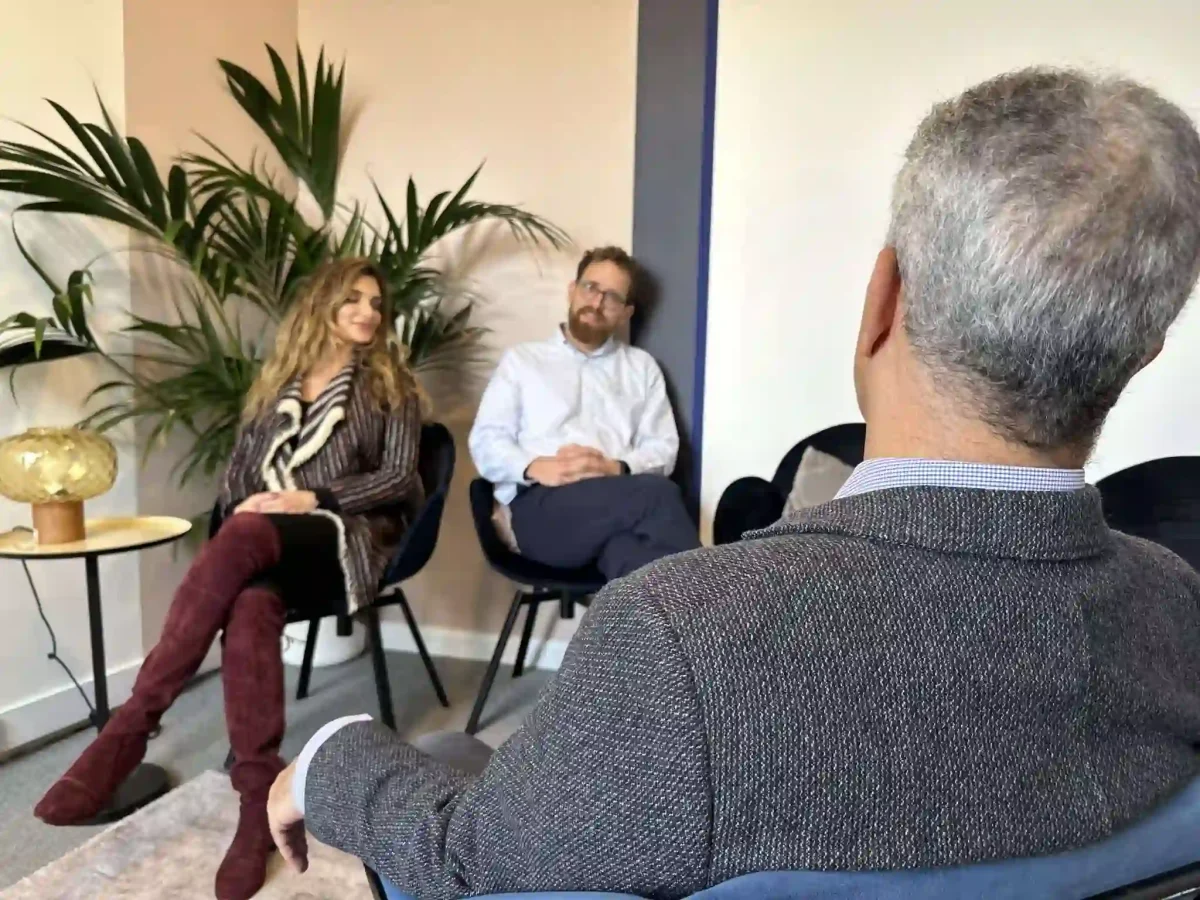
Find Addiction Support at CATCH Recovery Richmond
CATCH Recovery offers private addiction treatment, counselling and rehab in Richmond and online.
Addiction of any kind, whether it be drug or alcohol addiction, or behavioural addictions like gambling, is a complex illness that can have a significant impact on your physical and mental health if left untreated. It also has the potential to affect those close to you, who may also need support. The journey toward recovery begins with entering the rehabilitation process, marking the first step in overcoming this challenging yet treatable disorder. Whether you are dealing with substance abuse, alcohol dependence, gambling issues, or other addictive behaviours, our dedicated team of addiction specialists is here to guide and support you through every stage of your recovery.
At CATCH Recovery’s addiction treatment and rehab in Richmond, our dedicated team of professionals, including therapists and online recovery coaches, provides tailored addiction treatment to support you through every step of your recovery. From helping you overcome physical dependence and manage withdrawal symptoms, to offering evidence-based psychological therapies such as cognitive behavioural therapy (CBT) and dialectical behavioural therapy (DBT), we address the underlying causes of your addiction. At CATCH Recovery, we offer a comprehensive range of treatment services and rehab in Richmond that is designed to meet you where you are in your recovery journey. We can assist you with:
- In-person appointments with addiction specialists at our rehab in Richmond
- Online treatment programmes for flexible, structured, remote rehabilitation
- Support for mental health conditions that may co-occur with addiction or form part of a dual diagnosis
- Online group therapy for peer support and community connection
- Support for family members, including family therapy and couples therapy
- Referrals for residential rehab to trusted inpatient treatment centres offering intensive care
Our Location in Richmond
The Practice Rooms, 1 Union Ct, Richmond TW9 1AA.
Discover Our Locations
Find your nearest CATCH Recovery clinic here.
Your Recovery Options in Richmond
One-to-One Addiction Therapy with Our Specialist Team of Addiction Counsellors
All of our therapists are highly experienced in guiding individuals through drug and alcohol rehab in Richmond and have specialised expertise in treating:
- Alcohol addiction
- Drug addiction
- Behavioural addictions (such as gambling, sex, gaming, and more)
- Mental health disorders that co-occur with addiction, including post-traumatic stress disorder (PTSD), anxiety, depression, and more
Whether your goal is to understand and manage your substance misuse or transition into sober living, our expert team of therapists is dedicated to supporting and guiding you through every stage of your recovery journey.
Frequently Asked Questions
-
How can I choose the right recovery option?
Therapy is ideal if you need emotional support and psychological tools, especially for any co-occurring mental health conditions. Coaching is suited for those seeking guidance in life after addiction or post-rehab support. Online rehab offers a structured programme for those needing intensive help. For severe addiction, a residential rehab referral may be the most effective choice.
-
Can I combine therapy with online rehab?
Yes, lots of clients do individual therapy alongside a CATCH Recovery programme for comprehensive assistance and support.
-
When should I consider residential rehab?
If addiction has seriously affected your health, relationships, or daily life, residential rehab can provide round-the-clock care to help you break free from addiction. We can refer you to a trusted UK rehab centre if this is the best option for you.
-
Are online sessions available?
Yes, at CATCH Recovery, we offer both therapy and drug and alcohol rehab online, giving you flexibility in your treatment.
-
What does NHS rehab cost?
NHS rehab is usually free for UK residents, though availability may vary depending on the type of treatment. Waiting times can be long, so if you need urgent support, private rehab may be a faster alternative.
-
Can I admit myself to rehab?
Yes, you don’t need a GP referral for most rehab clinics. Self-referral is common, and many facilities accept direct enquiries. If you’re unsure where to start, speaking to your GP can help you explore your options. Private rehab often offers faster access to care.
-
What are the costs of private rehab in the UK?
Private rehab costs vary depending on the type of programme, the length and intensity of treatment, if medically assisted detox/medically managed detox is necessary, if you seek online vs in person treatment, etc. Flexible treatment options that you can fit around your daily schedule start at approximately £1,000+ per week. Online rehab programmes start at approximately £2,750+ per month. Comprehensive residential rehab programmes can cost approximately £8,000+ per month.
-
Is medication in rehab?
Yes, some residential rehabs offer medically supervised detox, or can offer psychiatric services to prescribe medications to help treat mental health disorders alongside addiction treatment, which can be crucial for those with dual diagnosis.
-
Is rehab available through BUPA?
Depending on your policy and coverage, BUPA might be able to help you with drug and alcohol rehab, and other mental health services. They offer a comprehensive mental health insurance coverage policy which covers a variety of illnesses which does include addiction to alcohol and drugs. This means that they can fund alcohol and drug rehab depending on your policy.
-
What is the process for getting someone into rehab quickly?
Trying to find urgent care and treatment for yourself or a loved one can be stressful, especially with NHS waiting lists meaning that people can’t often get into a rehab facility for many months. If you are looking for a rehab in Richmond, CATCH Recovery can help you with flexible options for alcohol rehab, drug rehab treatment, behaviour addiction treatment services, and inpatient rehab treatment.
-
What is the safest way for heavy drinkers to stop drinking?
If you drink regularly and/or heavily, it can be dangerous to reduce or quit drinking alcohol on your own. It can be challenging to seek help for alcohol misuse, but finding an alcohol rehab centre that can offer the support you need is vital. At CATCH Recovery, we can offer you a variety of rehab options, including referral to one of our residential facilities where you can detox safely, closely cared for by medical professionals who will monitor withdrawal symptoms and help give you the best start in your journey to long term recovery from alcohol addiction.
Online Recovery Programmes – Flexible and Accessible
For individuals who require structured addiction treatment that is flexible and remote, CATCH Recovery offers fully online private outpatient treatment options tailored to meet your unique needs.
What’s Included in CATCH Recovery?
- Individual therapy with an expert in addiction and mental health
- Group therapy sessions for community support and peer encouragement
- Personalised recovery strategy and ongoing assistance
- Tools, strategies, and aftercare to support relapse prevention
Who is Online Rehab For?
- Individuals facing challenges with drug or alcohol addiction, or behavioural addictions like gambling or gaming.
- People unable to attend an in-person programme but seeking regular, structured support.
- Those looking for a flexible rehabilitation approach that accommodates their work or life commitments.
- Family members or loved ones affected by addiction.

Download Our Brochure
Inpatient Rehab Referral – Access to 24/7 Care
For some individuals struggling with addictions, a more intensive residential rehab programme may be necessary. In certain cases, medical detoxification is crucial, or extended rehabilitation programmes may better address an individual’s specific needs. Deciding on the right course of treatment can be difficult—especially if you’re unsure what will work best for you or your loved one. To help guide this decision, we offer a comprehensive screening process to identify the most suitable treatment. From there, we can provide a referral to our trusted network of residential rehab centres.
Who Might Need Residential Rehab?
- Individuals dealing with severe alcohol or drug addiction who face significant health risks during withdrawal and the detox process.
- Those who need continuous medical assistance, as well as mental and psychological support available 24/7.
- People who have tried outpatient therapy but require a more specialised residential setting for extensive care.
How We Can Help:
A comprehensive assessment process to determine if inpatient residential rehab for extended care is the best next step.
Referral to leading UK addiction treatment centres specialising in alcohol and drug addiction, behavioural addictions, and dual diagnoses to support long-term recovery.
Pre-rehab therapy (individual or 1:1) to ensure a smooth transition into residential care while enhancing mental health support.
Aftercare following residential rehab to help you or your loved one maintain progress and continue on the path to addiction recovery.
📞 Call Us
Contact our team to find out more about our residential rehab treatment options.



Why Choose Addiction Therapy & Rehab in Richmond?
Personalised, Professional Care
- Tailored treatment plans for individual addiction recovery needs.
- Safe, confidential, and non-judgmental therapy environment.
Multiple Recovery Options
- 1:1 Therapy, Recovery Coaching, Online Rehab, and Residential Rehab Referrals.
- Support that addresses the emotional, psychological, and behavioural aspects of addiction.
Flexible & Accessible Support
- In-person rehab in Richmond.
- CATCH Recovery’s online rehab means help is available wherever you are.
- Referrals to inpatient rehabilitation services for those needing more comprehensive treatment.
Take Control of Your Recovery Today
The best time to start is now. Choose from:
- 1:1 therapy with any of our addiction therapists
- Online recovery coaching
- Online rehab programme at CATCH Recovery’s outpatient rehab in Richmond
- Referral for residential rehab

Contact Us
Free resources for alcohol and drug addiction, Richmond
If you live in Richmond and are looking for free support and help, you can visit the below helplines for further advice.
- Alcoholics Anonymous (AA): Find a meeting.
- Narcotics Anonymous: Local meetings.